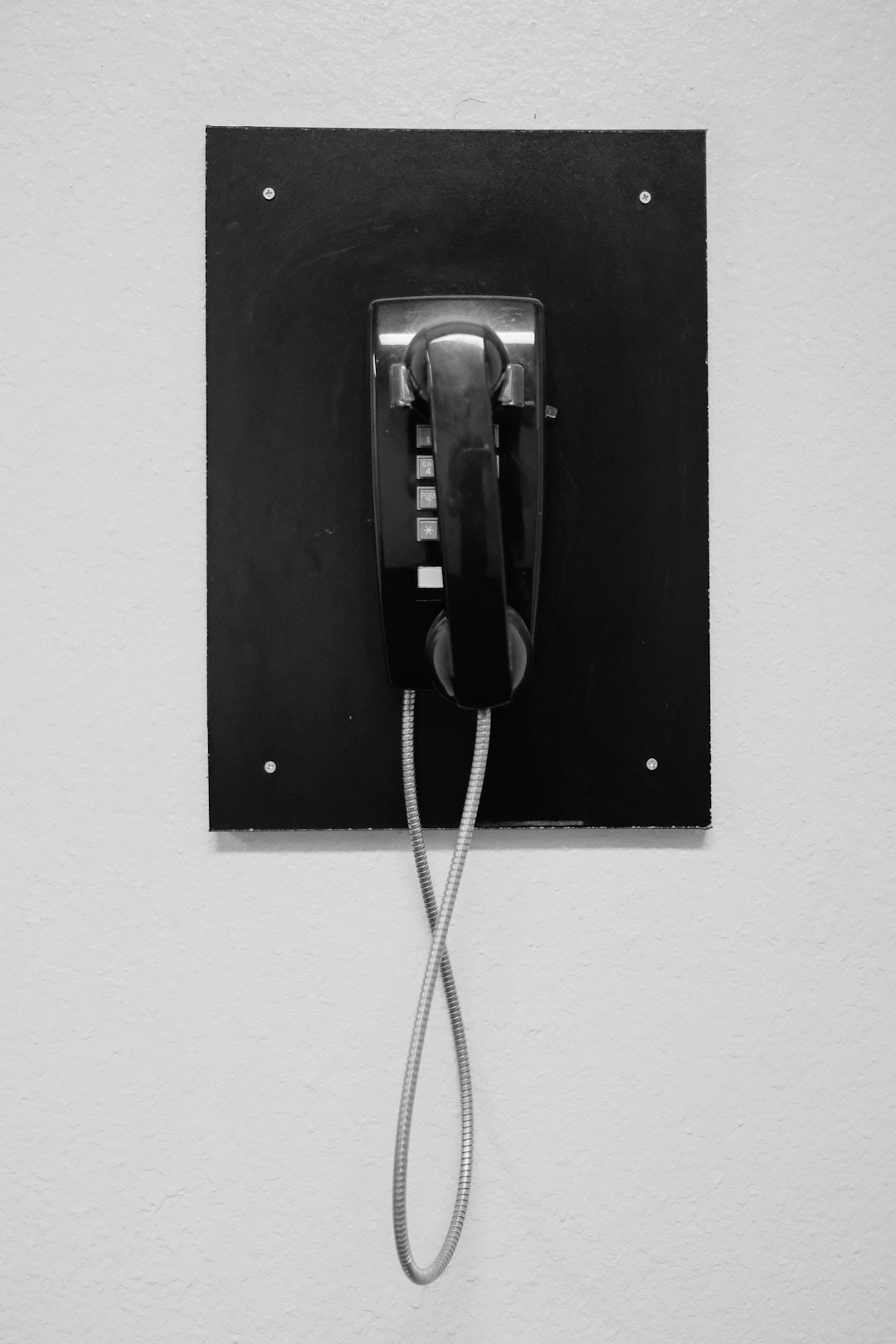The Fair Credit and Collections Practices Act (FCCPA) and Florida state laws protect consumers from abusive debt collection practices, including harassment such as repeated calls, false claims, and threats. Debt collector Attorneys in Florida enforce these regulations, ensuring fairness, transparency, and legal recourse for violations. Florida residents can demand validation of debts, and collectors must comply within a set timeframe. Consulting with a debt collector attorney is crucial if rights are violated, offering protection and guidance towards fair compensation. Documenting interactions, informing the collector of harassing behavior, and seeking legal advice are essential steps to protect oneself under FCCPA regulations.
“In Florida, the Federal Communications Commission Privacy Act (FCCPA) safeguards consumers against unfair debt collection practices and harassment. This comprehensive guide delves into the state’s robust debt collection laws, clarifying what constitutes harassment in the lens of FCCPA protections. We empower consumers with knowledge on their rights and available legal actions against abusive debt collectors. Additionally, practical tips for debtors are provided to prevent and mitigate harassment, ensuring a more secure financial journey with the assistance of a Florida debt collector attorney.”
Understanding the FCCPA: Florida's Debt Collection Laws

The Fair Credit and Collections Practices Act (FCCPA) is a critical piece of legislation designed to protect consumers from abusive or unfair debt collection practices. In Florida, these protections are further reinforced by state laws that regulate debt collectors. Understanding these laws is essential for both debt collectors and consumers alike.
Florida’s Debt Collection Laws, including the FCCPA provisions, ensure that debt collectors treat consumers with fairness and respect. This means no harassment, false or misleading statements, or unfair practices during the collection process. A debt collector Attorney Florida can guide individuals on their rights under these laws, ensuring that both parties are aware of their obligations and protections.
What Constitutes Harassment in Debt Collection?

In the context of debt collection, harassment often manifests as persistent and aggressive attempts by debt collectors to secure payment from an individual. This can include a wide range of actions such as excessive phone calls, threatening language, or even false representations about the debt amount. Florida law, through the Fair Collection Practices Act (FCCPA), strictly regulates these practices to protect consumers from abuse. A debt collector Attorney in Florida plays a crucial role in ensuring these protections are upheld.
Under FCCPA, harassment is defined as any conduct that is offensive, annoying, or oppressive, including but not limited to, repeated phone calls with the intent to annoy or harass, using abusive or obscene language, and making false representations about the debt. Debt collectors must adhere to specific guidelines regarding communication methods, timing of contacts, and disclosure requirements. Violations of these provisions can lead to legal action by the affected consumer, who may be entitled to damages and other remedies under Florida law.
Rights of Consumers Under the FCCPA

Under the FCCPA, consumers in Florida have powerful rights when it comes to dealing with debt collectors. This law protects individuals from abusive or unfair practices by those seeking to collect debts. One significant right is the ability to demand validation of the debt. Consumers can request written proof that the debt is legitimate and belong to them, which debt collectors must provide within a specific timeframe.
Additionally, the FCCPA restricts debt collectors from using harassing or deceptive methods. This includes making repeated phone calls with the intent to annoy, using false or misleading statements, or threatening legal action without intending to follow through. If a consumer feels their rights have been violated by a debt collector, they can take legal action against them, seeking compensation and restitution for any emotional distress caused. A debt collector attorney in Florida can guide consumers through these complex issues and ensure their rights are protected under the FCCPA.
Legal Actions Against Harassing Debt Collectors

If you’re being harassed by a debt collector in Florida, it’s crucial to know that there are legal protections in place to safeguard your rights. The Florida Consumer Credit Protection Act (FCCPA) prohibits debt collectors from using abusive, unfair, or deceptive practices when attempting to collect a debt. This includes frequent or repeated phone calls, threatening language, or misrepresenting the amount owed. If you believe you’ve been the victim of such harassment, consulting with a qualified debt collector attorney in Florida is a significant step towards justice.
Legal action against harassing debt collectors can take several forms, from filing a formal complaint with the Florida Attorney General’s office to seeking damages through a lawsuit. A debt collector attorney can guide you through this process, ensuring that your rights are protected and that you receive fair compensation for any emotional distress or financial harm caused by the harassment. Remember, standing up against abusive debt collection practices not only protects you but also helps maintain the integrity of Florida’s consumer protection laws.
Tips for Debtors: Protecting Yourself from Harassment

If you’re facing harassment from a debt collector in Florida, knowing your rights under the Federal Communications Commission’s (FCCPA) is crucial. The FCCPA was designed to protect consumers from abusive or false debt collection practices. One of its key provisions prohibits debt collectors from using harassing, oppressive, or abusive language when contacting you.
Here are some tips for debtors: first, document all interactions with debt collectors. Keep a log of calls, emails, and any other communication, including the date, time, and a summary of what was said. Second, inform the collector that you consider their behavior harassing and request that they cease contact. You can do this in writing or verbally, but be sure to get confirmation that your request has been received and noted. Lastly, consult with a qualified attorney specializing in debt collection law in Florida; they can advise you on your rights and help ensure the collector adheres to FCCPA regulations.






